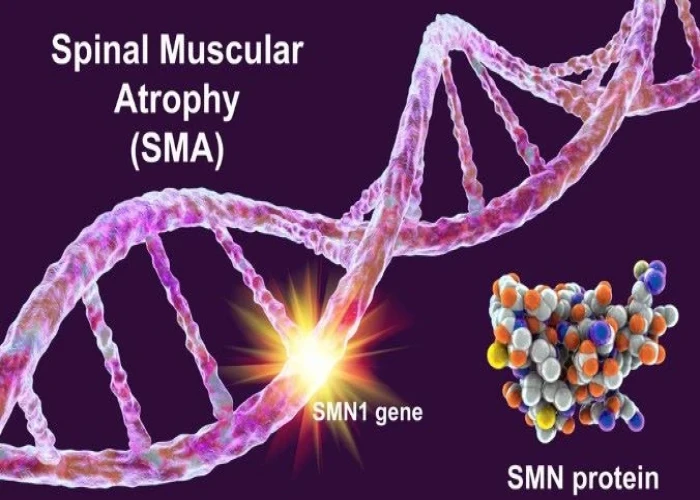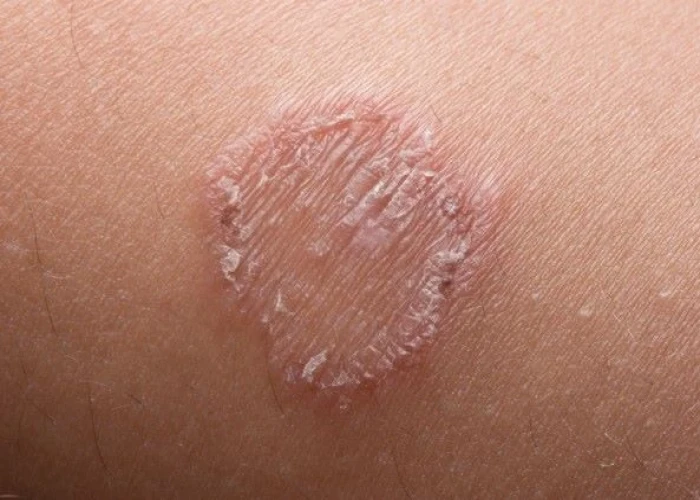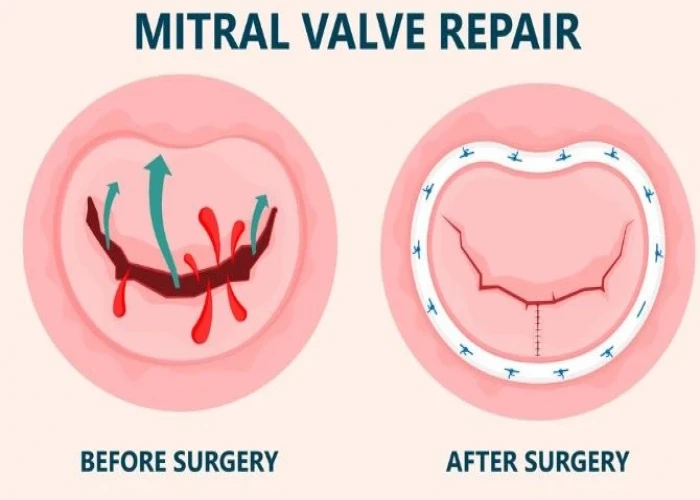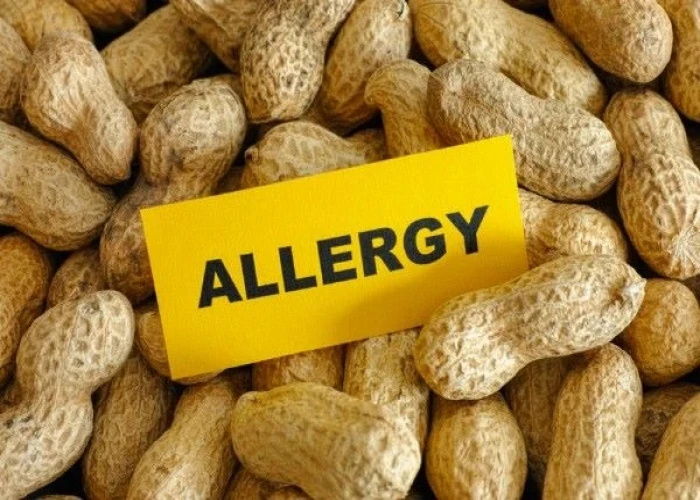 Welcome
Welcome
“May all be happy, may all be healed, may all be at peace and may no one ever suffer."
Peanut allergy

Peanut allergy is a type of food allergy in which the immune system mistakenly identifies peanut proteins as harmful substances and triggers an allergic reaction. Peanut allergy is one of the most common food allergies, and the symptoms can range from mild to severe, including anaphylaxis, a potentially life-threatening reaction.
Symptoms of peanut allergy can include:
- Hives or rash
- Itching or tingling in or around the mouth and throat
- Swelling of the lips, tongue, or throat
- Nasal congestion or runny nose
- Nausea or vomiting
- Abdominal pain or cramps
- Diarrhea
- Difficulty breathing or shortness of breath
- Wheezing
- Rapid heartbeat
- Drop in blood pressure (shock)
The diagnosis of peanut allergy typically involves a combination of medical history, physical examination, and allergy testing. Treatment options may include avoidance of peanuts and peanut-containing products, carrying an epinephrine auto-injector for emergency use, and immunotherapy (allergy shots) to desensitize the immune system to peanuts over time.
It is important for individuals with peanut allergy to carefully read food labels and be aware of potential cross-contamination when eating out or in shared facilities. In severe cases, avoidance of all peanut products may be necessary.
Research Papers
Disease Signs and Symptoms
- Red skin
- Skin rash
- Swollen skin
- Hives
- Itching
- Diarrhea
- Abdomen cramps
- Shortness of breath (dyspnea)
- Runny nose
Disease Causes
Peanut allergy
Peanut allergy occurs when your immune system mistakenly identifies peanut proteins as something harmful. Direct or indirect contact with peanuts causes your immune system to release symptom-causing chemicals into your bloodstream.
Exposure to peanuts can occur in various ways:
- Direct contact. The most common cause of peanut allergy is eating peanuts or peanut-containing foods. Sometimes direct skin contact with peanuts can trigger an allergic reaction.
- Cross-contact. This is the unintended introduction of peanuts into a product. It's generally the result of a food being exposed to peanuts during processing or handling.
- Inhalation. An allergic reaction may occur if you inhale dust or aerosols containing peanuts, from a source such as peanut flour or peanut oil cooking spray.
Disease Prevents
Peanut allergy
According to recent studies, there is strong evidence that introducing at-risk babies to peanuts as early as 4 to 6 months of age may reduce their risk of developing food allergies by up to 80%. Babies at risk for peanut allergy include those with mild to severe eczema, egg allergy, or both. Before introducing your baby to peanuts, discuss the best approach with your child's doctor.
Disease Treatments
While the standard approach to care for peanut allergy is to avoid exposure, researchers continue to study different therapies, including oral immunotherapy.
Also known as desensitization, oral immunotherapy involves giving children with peanut allergies, or those at risk of peanut allergies, increasing doses of food containing peanuts over time. Oral immunotherapy is not a cure for peanut allergy. Rather, this type of therapy is intended to reduce the risk of severe reactions, including anaphylaxis, that could occur with exposure to peanuts.
The U.S. Food and Drug Administration recently approved the first oral immunotherapy drug, Peanut (Arachis hypogaea) Allergen Powder-dnfp (Palforzia), to treat children ages 4 to 17 years old with a confirmed peanut allergy. This medication isn't recommended for people with uncontrolled asthma or certain conditions, including eosinophilic esophagitis.
In addition, as with any food allergy, treatment involves taking steps to avoid the foods that cause your reaction, knowing how to spot a reaction when it's happening and being prepared to respond quickly, including keeping epinephrine on hand.
Being prepared for a reaction
The only way to prevent a reaction is to avoid peanuts and peanut products altogether. But peanuts are common, and despite your best efforts, you're likely to come into contact with peanuts at some point.
For a severe allergic reaction, you may need an emergency injection of epinephrine and to visit the emergency room. Many people with allergies carry an epinephrine autoinjector (EpiPen, Auvi-Q, others). This device is a syringe and concealed needle that injects a single dose of medication when pressed against your thigh.
Know how to use your autoinjector
If your doctor has prescribed an epinephrine autoinjector:
- Carry it with you at all times. It may be a good idea to keep an extra autoinjector in your car and in your desk at work.
- Always replace it before its expiration date. Out-of-date epinephrine may not work properly.
- Ask your doctor to prescribe a backup autoinjector. If you misplace one, you'll have a spare.
- Know how to operate it. Ask your doctor to show you. Also, make sure the people closest to you know how to use it — if someone with you can give you a shot, he or she could save your life.
- Know when to use it. Talk to your doctor about how to recognize when you need a shot. However, if you're not sure whether you need a shot, it's usually better to go ahead and use the emergency epinephrine.
Disease Diagnoses
Disease Allopathic Generics
Disease Ayurvedic Generics
Disease Homeopathic Generics
Disease yoga
Peanut allergy and Learn More about Diseases

Cardiomyopathy

Multiple system atrophy (MSA)

Ringworm (body)

Liver disease

Mitral valve prolapse

Schizophrenia

Urinary tract infection (UTI)

Preeclampsia
peanut allergy, চিনাবাদামের অ্যালার্জি
To be happy, beautiful, healthy, wealthy, hale and long-lived stay with DM3S.
